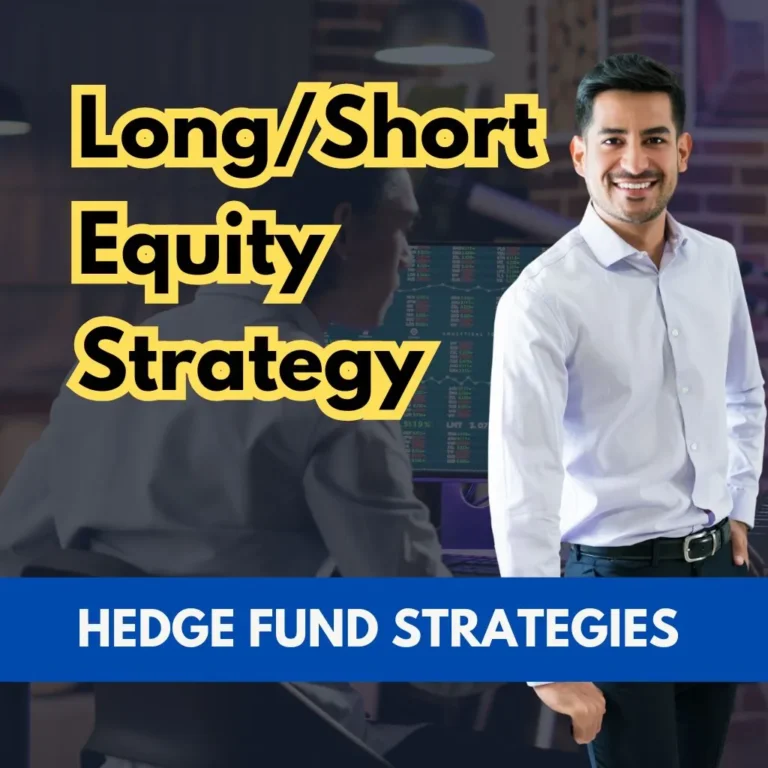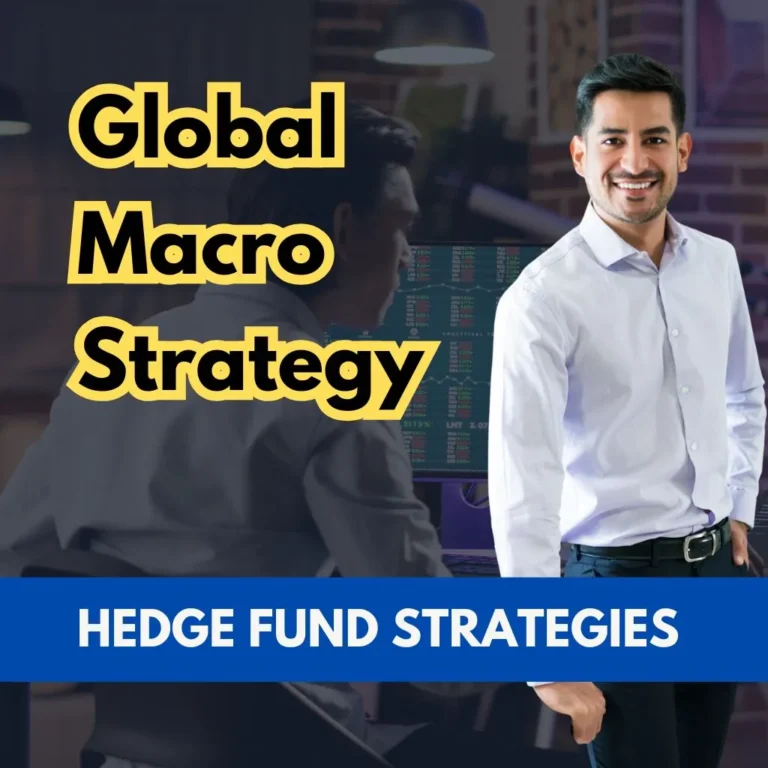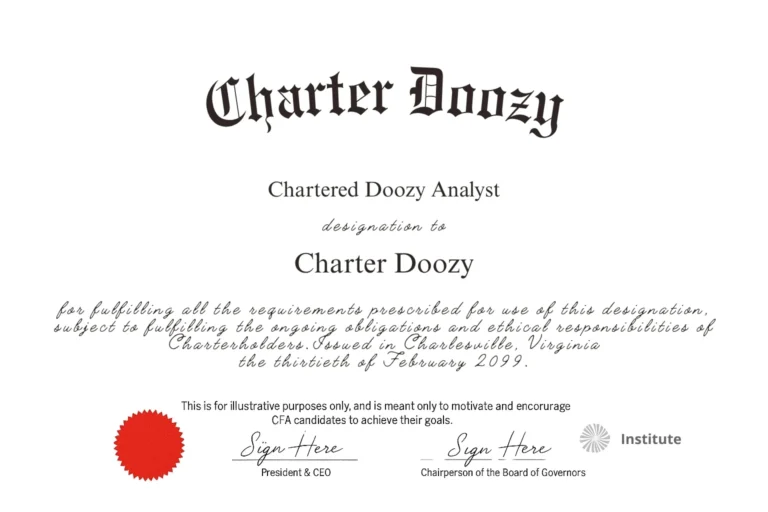
Inside the World of Hedge Fund Strategies
Hedge funds have always carried an air of mystique. They conjure images of high-stakes trades, secretive managers, and eye-popping fees. But beneath the glamor and complexity lies a fascinating world of strategy, risk, and innovation… where alpha is the holy grail and market neutrality is an art form.
In this article, we break down what makes hedge funds so unique… and why their strategies continue to attract the boldest minds and biggest capital in finance.
What Sets Hedge Funds Apart?
Traditional investment vehicles, like mutual funds, are bound by regulations, index tracking, and liquidity demands. Hedge funds, by contrast, are unconstrained. Their defining traits include:
- Lighter regulation: Most hedge funds are private partnerships open only to accredited investors.
- Flexible mandates: They can go long, short, use derivatives, employ leverage, and trade across asset classes.
- High fees: The infamous “2 and 20” model (2% management fee, 20% performance incentive) is still the norm.
- Illiquidity by design: Lock-up periods and redemption gates are common, allowing managers to focus on long-term bets.
This freedom enables hedge funds to pursue idiosyncratic strategies that would be impossible in more traditional vehicles.

A Universe of Strategy, Risk, and Return
Let’s unpack the diverse approaches that hedge fund managers use to generate alpha:
1. Equity Strategies: Playing Both Sides
- Long/Short Equity: The classic hedge. Buy undervalued stocks, short overvalued ones. It’s about exploiting mispricings, not betting on the market.
- Market Neutral: Aim for zero net market exposure. Returns stem from skill in stock selection, not market direction.
- Short Biased: Profiting from falling stocks is an art… and a dangerous one. These managers look for frauds, fads, and failures before others catch on.
Example: Long Coca-Cola, Short Pepsi. If Coke outperforms Pepsi, you profit—even if both fall.
2. Event-Driven Strategies: Catalysts for Change
- Merger Arbitrage: Exploit the spread between a target company’s price and the takeover bid.
- Distressed Debt: Buy deeply discounted securities of companies in or near bankruptcy. Bet on recovery… or liquidation.
- Special Situations: Capitalize on corporate actions (spin-offs, restructurings, legal rulings) that create temporary mispricings.
- Activist Investing: Take a stake, shake things up. Push for board changes, asset sales, or strategic pivots to unlock value.
Example: Buying Company B at $48 after Company A offers $50. You pocket the $2 spread if the deal goes through.
3. Relative Value Strategies: Arbitraging Inefficiencies
- Convertible Bond Arbitrage: Buy convertible bonds, short the underlying stock. Capture mispricing between debt and equity components.
- Fixed-Income Arbitrage: Play small pricing anomalies in bonds, swaps, and interest rate instruments… usually with high leverage.
These are market-neutral strategies that rely on deep quant work, tight execution, and patience.
4. Opportunistic Strategies: Betting Big on Global Shifts
- Global Macro: Top-down bets on macroeconomic trends. Think Soros breaking the Bank of England.
- Managed Futures: Algorithmic, trend-following strategies using futures and derivatives. CTAs dominate this space.
Example: Long USD / Short Yen on diverging interest rate policies. Or long gold during central bank easing.
5. Multi-Strategy & Fund of Funds: The Diversifiers
- Multi-Strategy Funds: Combine multiple strategies in one vehicle… balancing risk and return while shifting allocations dynamically.
- Fund of Funds (FoF): A portfolio of hedge funds, offering instant diversification and professional manager selection, albeit at the cost of an extra fee layer.
For investors, these offer smoother return profiles and less reliance on any single manager or theme.
Interested in Learning About Other Hedge Fund Strategies?
The Catch: Complexity Comes at a Cost
With potential for uncorrelated returns and outsized gains, why doesn’t everyone pile into hedge funds? Because the risks are real:
- Leverage magnifies losses.
- Short selling can lead to unlimited downside.
- Illiquidity means you can’t just pull your money out.
- Opaque strategies and fees create alignment challenges.
And most importantly, alpha is elusive. Even the best hedge funds go through prolonged underperformance.
Why Hedge Funds Still Matter
Despite the challenges, hedge funds remain a critical force in global markets. They provide liquidity, uncover fraud, and challenge inefficiencies. They are the edge-seekers, willing to zig when others zag, and to absorb the consequences when things go wrong.
For investors who understand the risks and have the patience to ride the waves, hedge funds offer access to a world of possibility: one where returns aren’t capped by benchmarks and where manager skill (not just market direction) drives success.
Final Thought
In a world that’s increasingly driven by index investing and passive flows, hedge funds stand apart.
They are messy, bold, expensive, and sometimes controversial.
But for those who believe in alpha, they’re still the ultimate proving ground.














